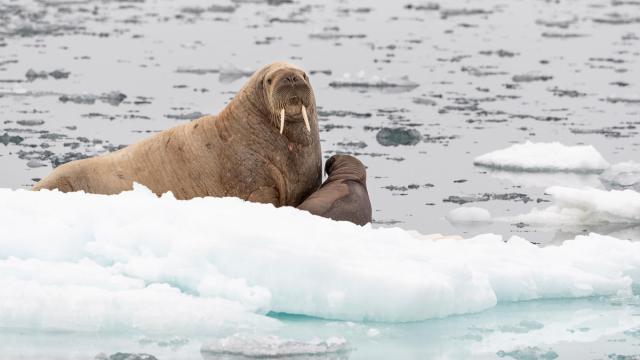Meet the Walrus
Action Challenge
10+ minutes / Inside
Use scientific satellite monitoring of walrus populations to inspire the creation of accurate and informative walrus masks, posters or magazines.
Learning outcome: Pupils will deepen their understanding of climate change and conservation by listening to and observing information about walrus conservation. They will use visual media and/or writing to share factual information, while developing empathy and informed perspectives on global biodiversity.
HBN FAQ Slice
Instructions
- Prepare crafting supplies including paper, scissors, colouring pencils or paints.
- Introduce the activity and show the class the video stimuli.
- Reinforce that satellite imagery helps scientists monitor walrus populations and the importance of this research.
- Ask pupils to think about how climate change might affect the walrus habitat.
- Create walrus masks, posters, or magazine spread depending on the age and ability of your group. The goal is to share your new knowledge about walrus with others.
- These could be turned into a wall display or shared within a school newsletter. If making masks, consider taking part in Wear it Wild; wear wildlife-inspired clothing and help bring our world back to life by fundraising for WWF.
Adaptations
- Work in pairs/groups.
- Teacher/teaching assistants to also create masks, providing an example for pupils to follow.
- Use WWF’s Go Wild Walrus mask and compare it’s features with the video.
Extensions
- If you have the Happy By Nature wall map, locate where different polar animals live on a map, as well as Walrus.
- Pupils prepare a news report – ‘Live from the Arctic’ – sharing an update on Walrus populations.
- Build into a research task, investigating species that share a habitat with walrus.
Spot the Walrus
Creative Challenge
15+ minutes / Inside and outside
Take part in a conservation science project, becoming ‘Walrus Detectives’ to help WWF to gather data on walrus populations.
Learning outcome: Pupils will undertake a real-world, scientific enquiry in an international conservation context. They will apply numeracy skills, scientific observation and data-handling, while developing critical thinking and an awareness of global citizenship.
Instructions
- Watch the video as a class.
- Let the class know they are going to participate in Walrus from Space, becoming Walrus Detectives right here from the classroom.
- Show satellite images of Walrus provided and count how many you can see.
- Submit your findings to WWF by emailing them to happybynature@wwf.org.uk.
Adaptations
- Complete just one image.
- Pause and discuss at regular intervals while watching the video / use only a section of it.
Extensions
- Share Walrus from Space with the wider community and create a class/school leaderboard or totaliser – who has spotted the most walrus?
- Link to mathematics learning, such as coordinates/latitude and longitude/data handling.
- Find further extension ideas for pupils 7-12-years-old within our Walrus From Space resource pack , developed with British Antarctic Survey.
Browse activities
-
Pillar: Exploring
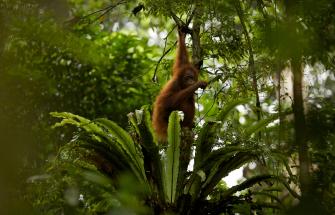 © naturepl.com / Tim Laman / WWF
© naturepl.com / Tim Laman / WWFExplore the forest of Borneo
-
Pillar: Exploring
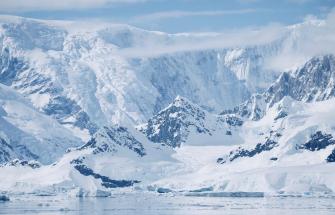 © Chris Johnson / WWF-Aus
© Chris Johnson / WWF-AusExplore the polar regions
-
Pillar: Caring
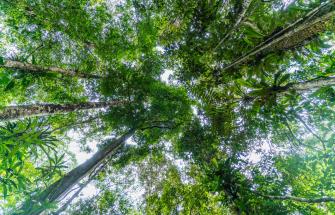 © Luis Barreto / WWF-UK
© Luis Barreto / WWF-UKListen to the Amazon rainforest
-
Pillar: Caring
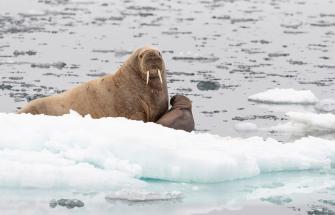 © Richard Barrett / WWF-UK
© Richard Barrett / WWF-UKWalrus from space - activity for schools
-
Pillar: Communicating
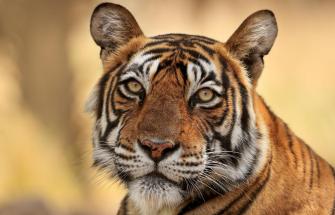 © Andy Rouse / naturepl.com / WWF
© Andy Rouse / naturepl.com / WWFForest inspired art
-
Pillar: Communicating
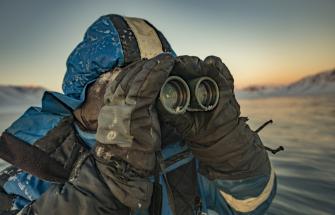 © James Morgan / WWF-UK
© James Morgan / WWF-UKPolar storytelling
-
Pillar: Reflecting
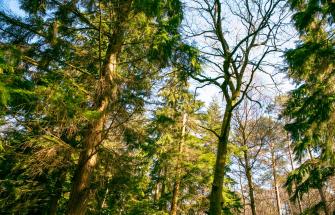 © Forestry England
© Forestry EnglandForest reflections with poetry
-
Pillar: Reflecting
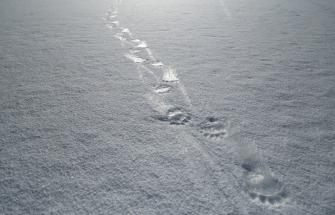 © WWF / Clive Tesar
© WWF / Clive TesarPolar Perspectives
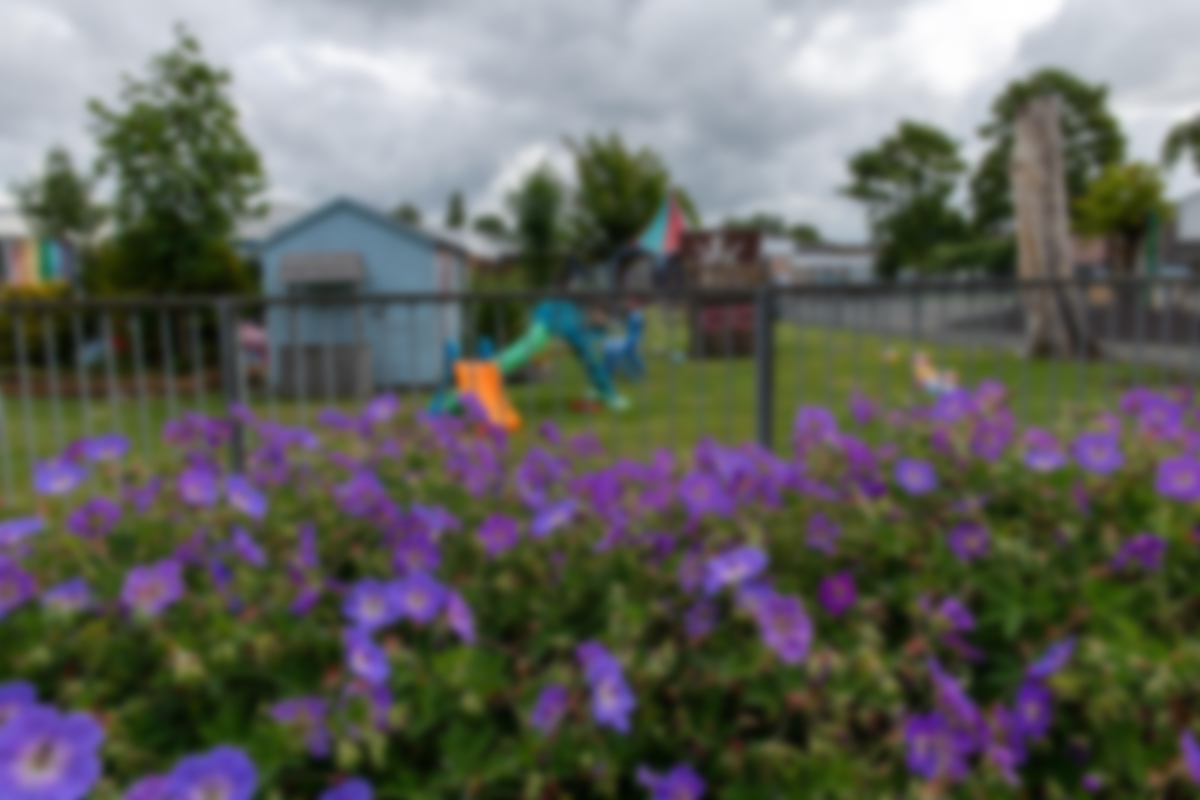
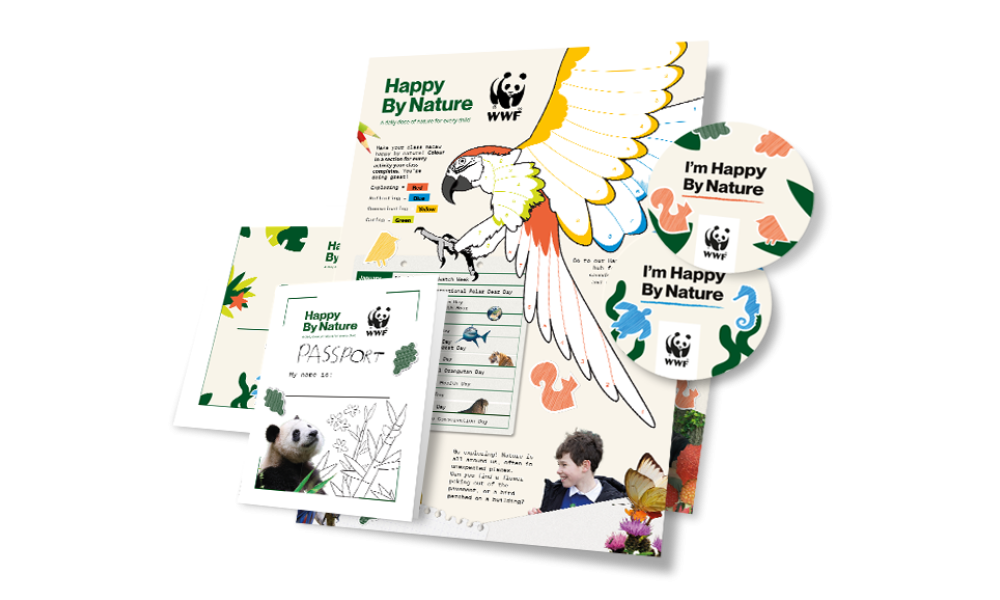
Get your FREE classroom pack
Get your FREE classroom pack
Bring nature into your classroom with a free pack of engaging primary resources to support learning and track progress. Includes a vibrant poster, pupil passports, stickers, and panda pawprint stamps.


